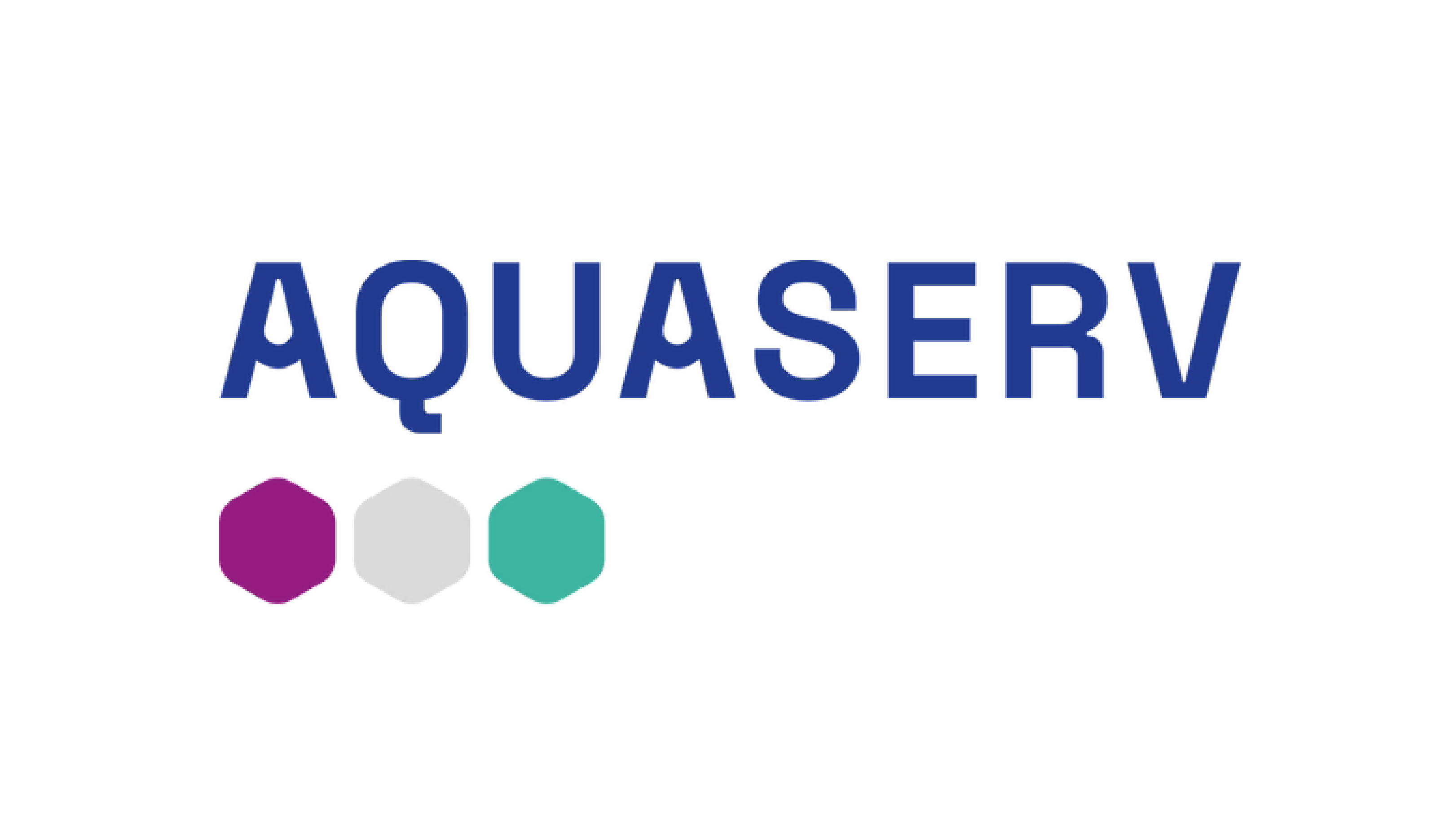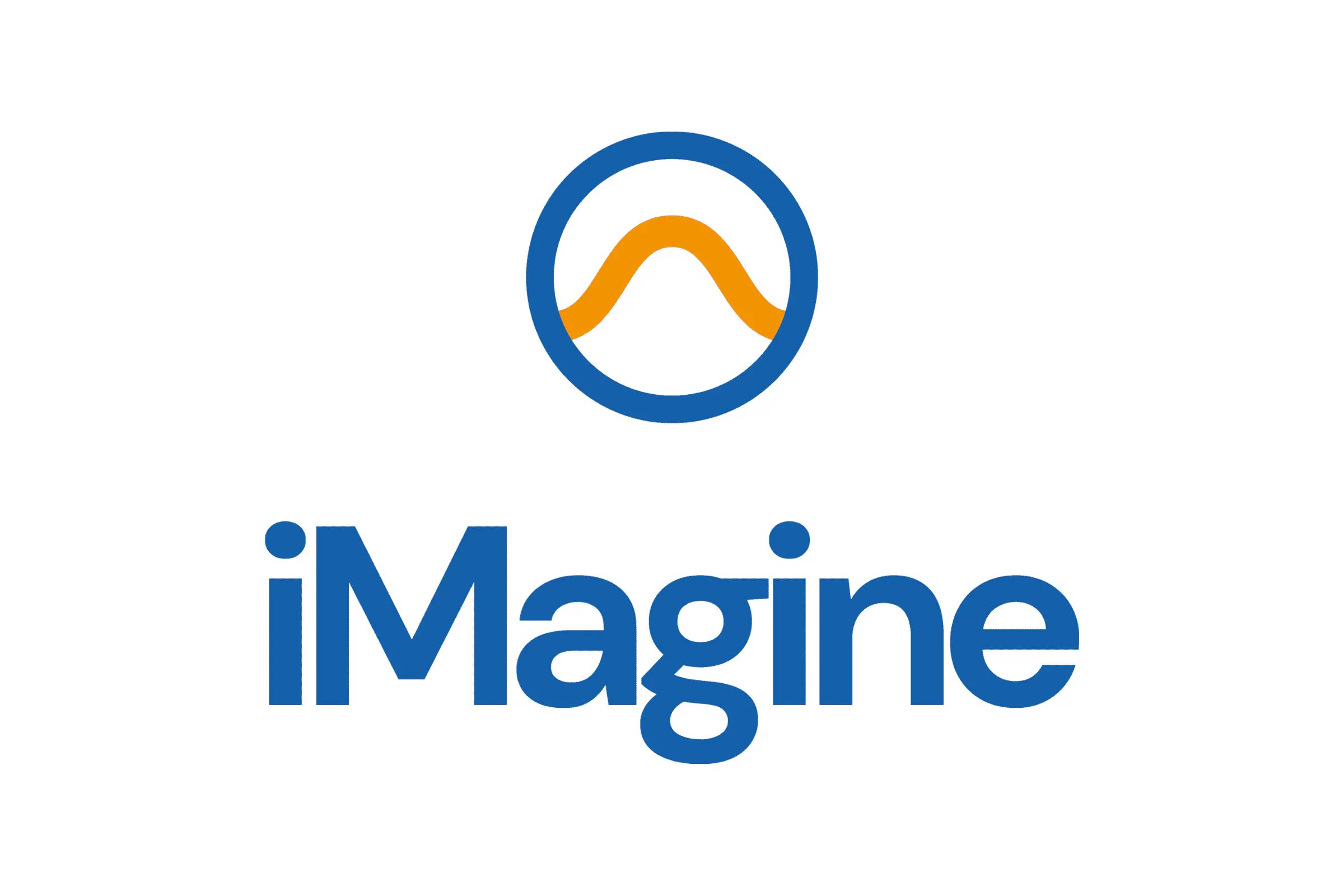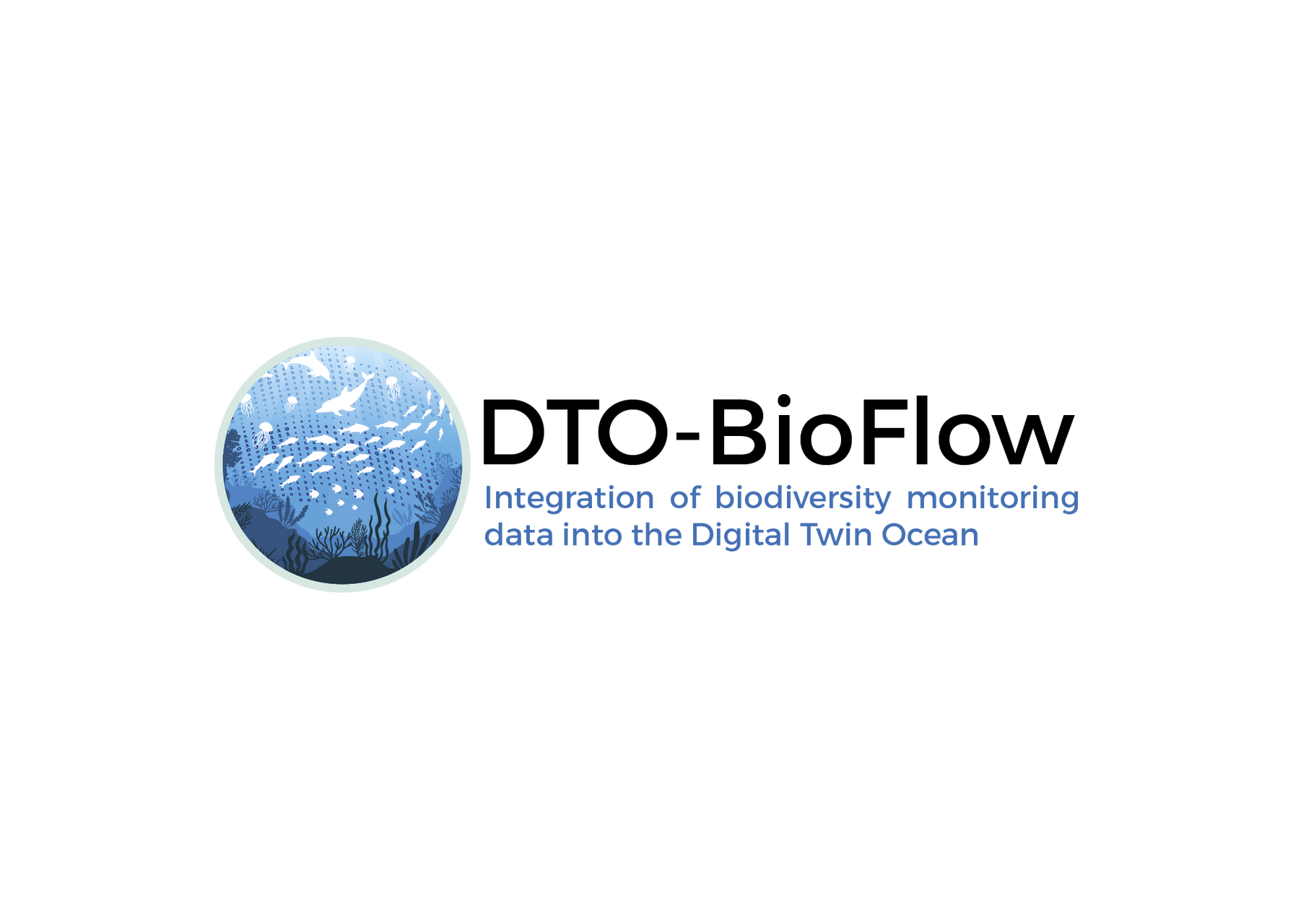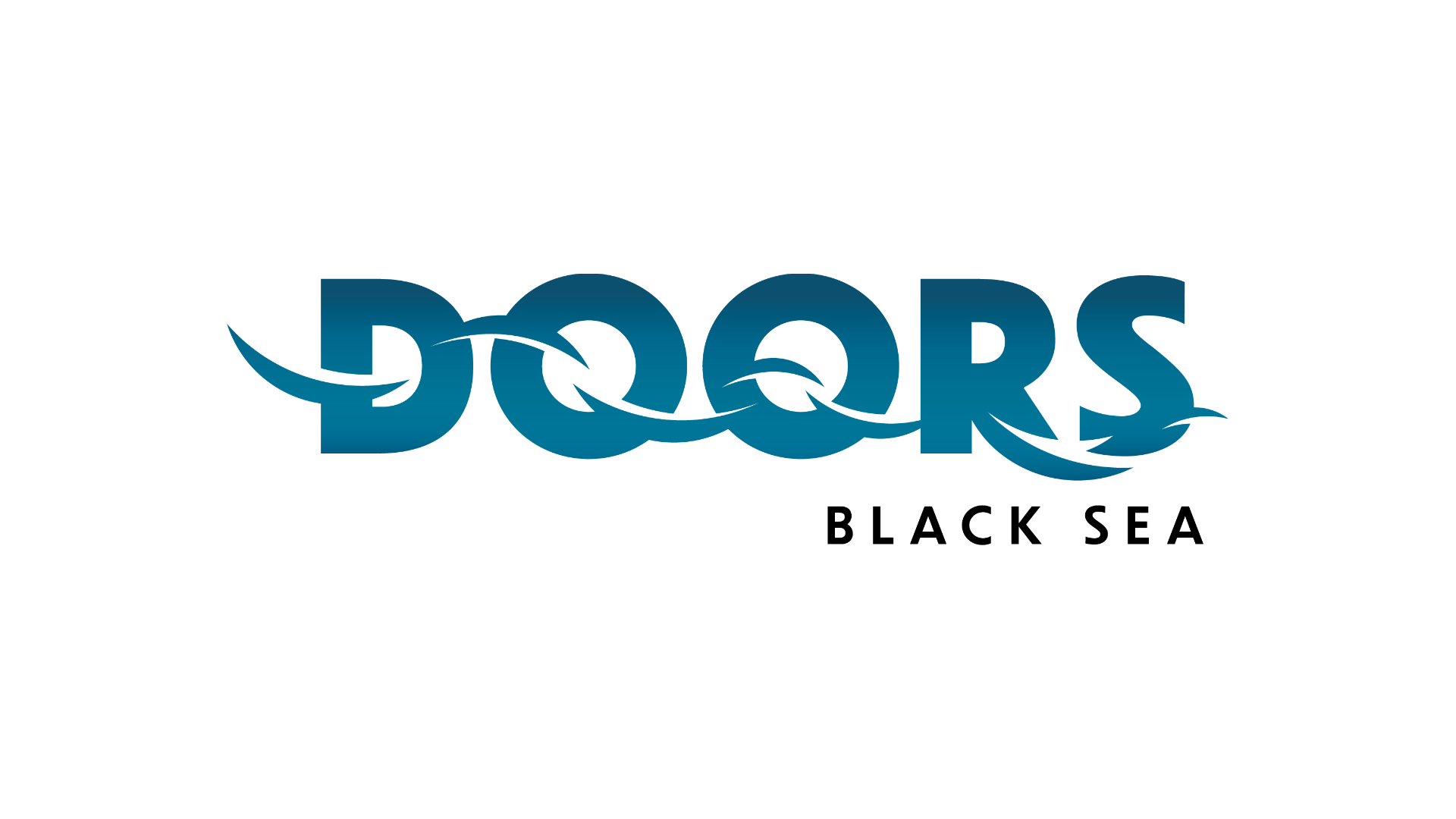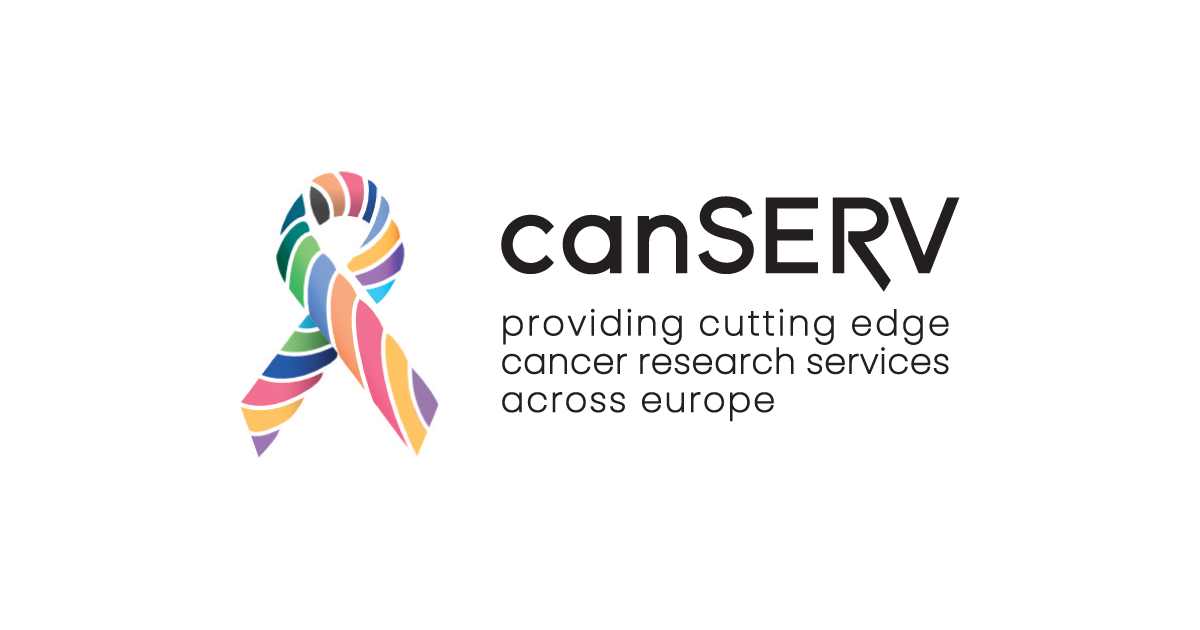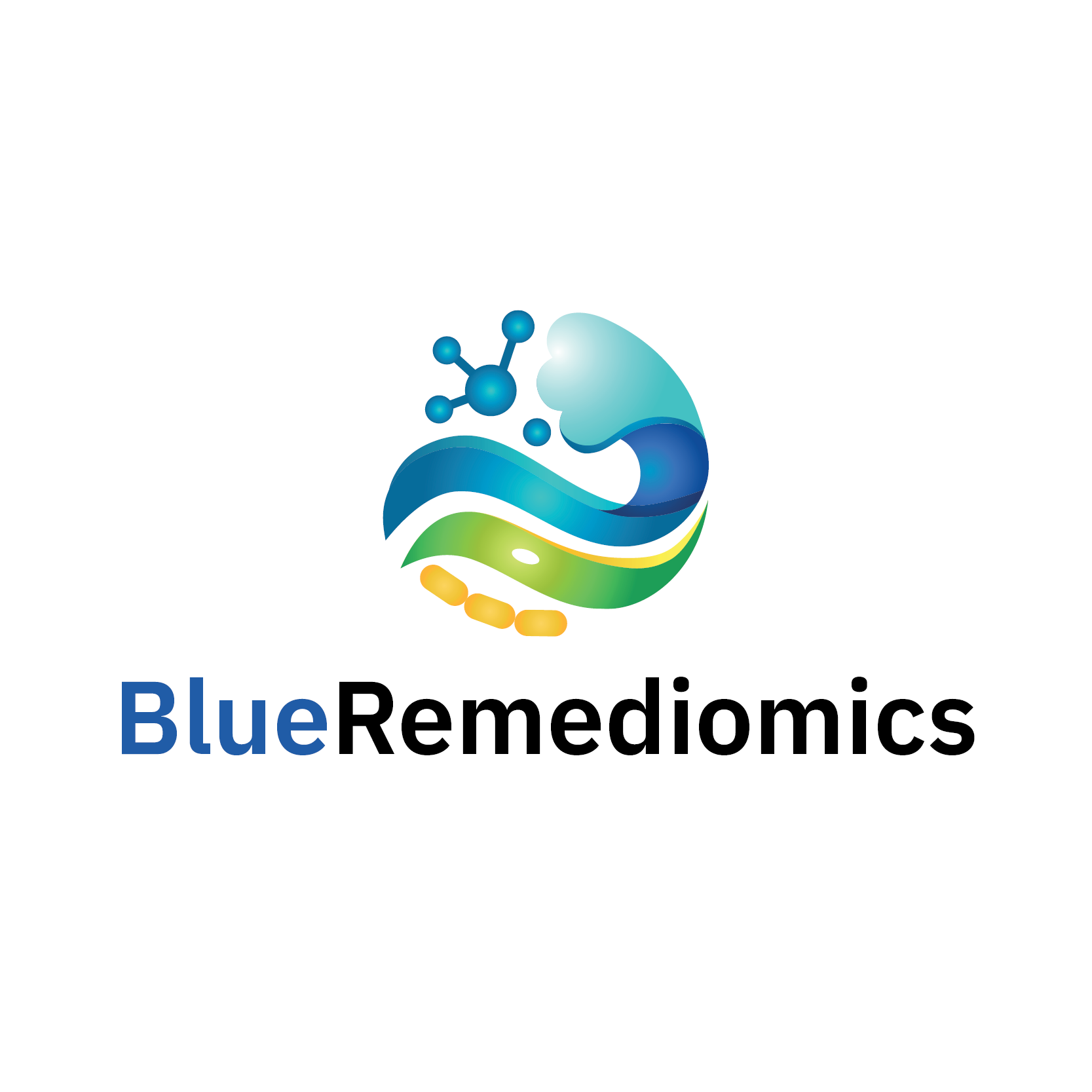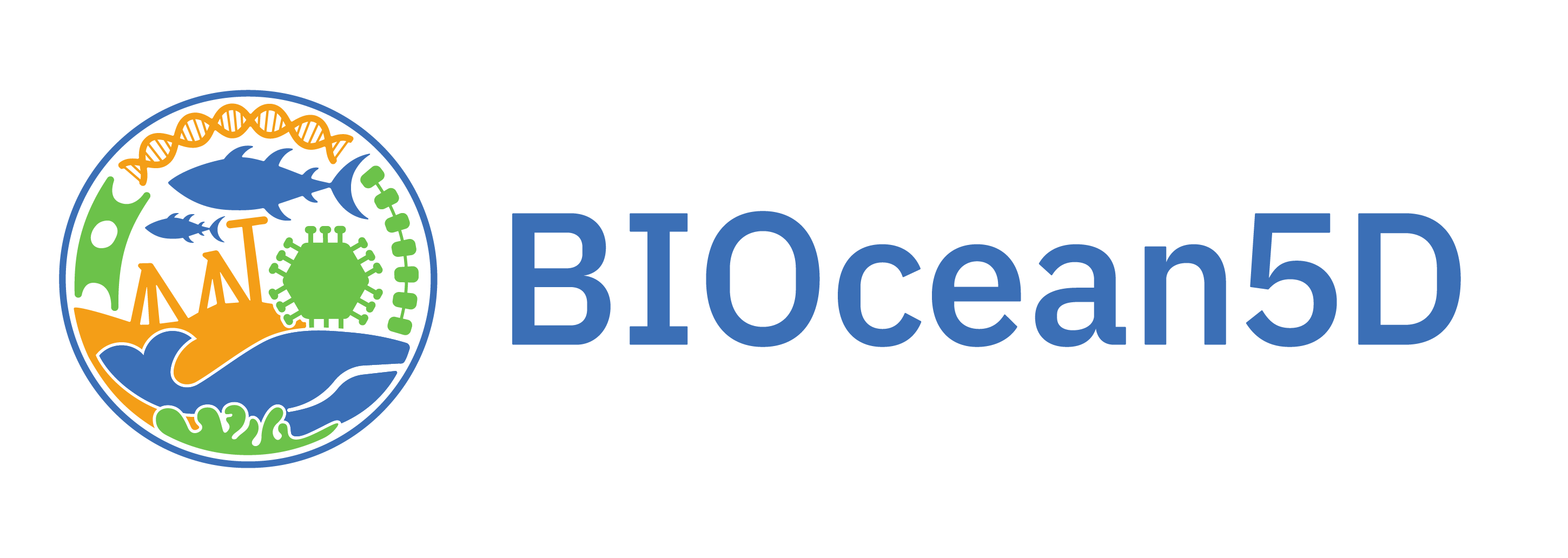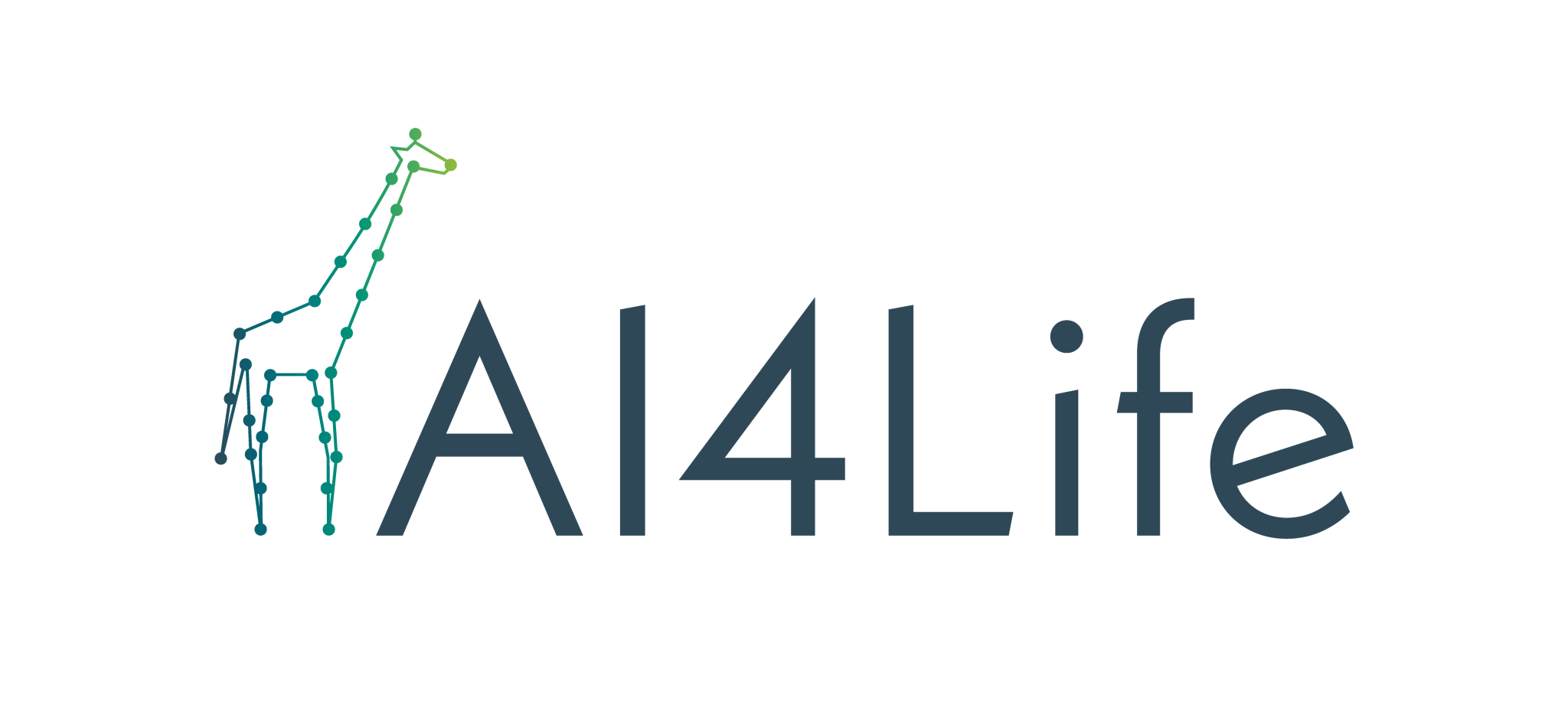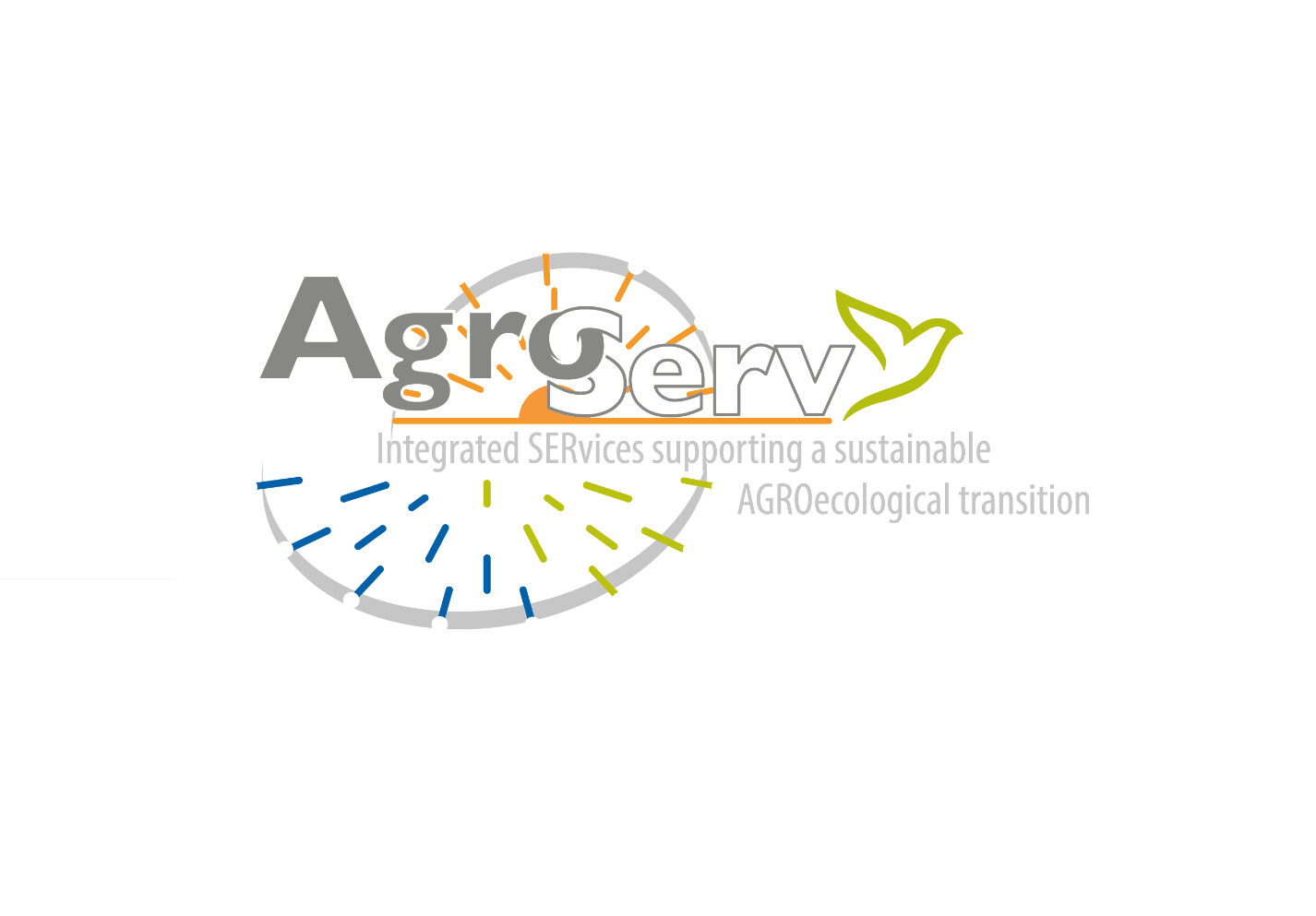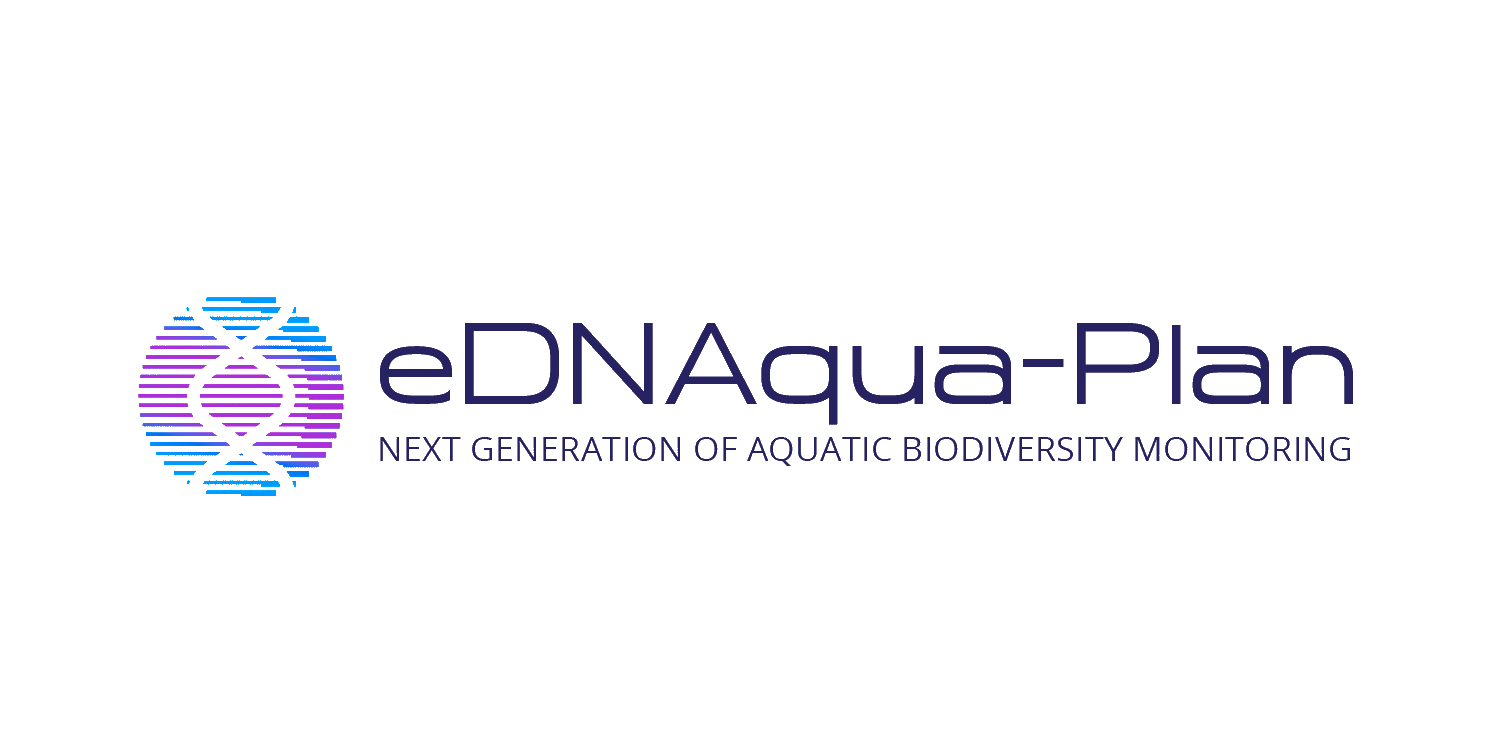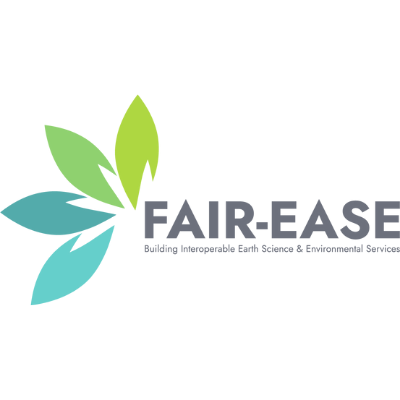The overarching objectives of AQUASERV are to unite, enhance, and customize Research Infrastructure (RI) capacities, including facilities, instruments, and expertise. By providing transnational access (both on-site and remote) and virtual access, AQUASERV aims to significantly advance scientific research and support the implementation of key European policies such as the Common Fisheries Policy, the Farm to Fork Strategy, the Sustainable Blue Economy, and the European Green Deal.
A Horizon Europe project
Project dates: 1st April 2024 to 1st April 2029
EMBRC role : partner
Funding: € 14,157,482.77
Grant agreement number: 101131121
AQUASERV achieves these objectives by offering scientists from academia and business access to a comprehensive set of European research infrastructures. These include the European Marine Biological Resource Centre ERIC (EMBRC), the Analysis and Experimentation on Ecosystems ERIC, Aquaexcel (Aquaculture for Excellence in Fish), the Infrastructure for Promoting Metrology in Food and Nutrition (METROFOOD), and the International Council for Exploration of the Sea, among others. Additionally, the Research Infrastructure for Science and Innovation Policy Studies (RISIS) brings valuable contributions from the social sciences to ensure societal impact and inform policy-making.
To enhance, integrate, and customize RI capacities, AQUASERV will foster collaboration between partners and develop new pipelines during the first three years of the project, making these resources available to users. To ensure the sustainability of these capacities, a dedicated work package involving stakeholders will address the project's legacy.
To maximize impact, AQUASERV will establish a robust communication network among its partners and develop a comprehensive dissemination and outreach program. Furthermore, an advanced training program will be created and updated regularly to engage and educate future users.








